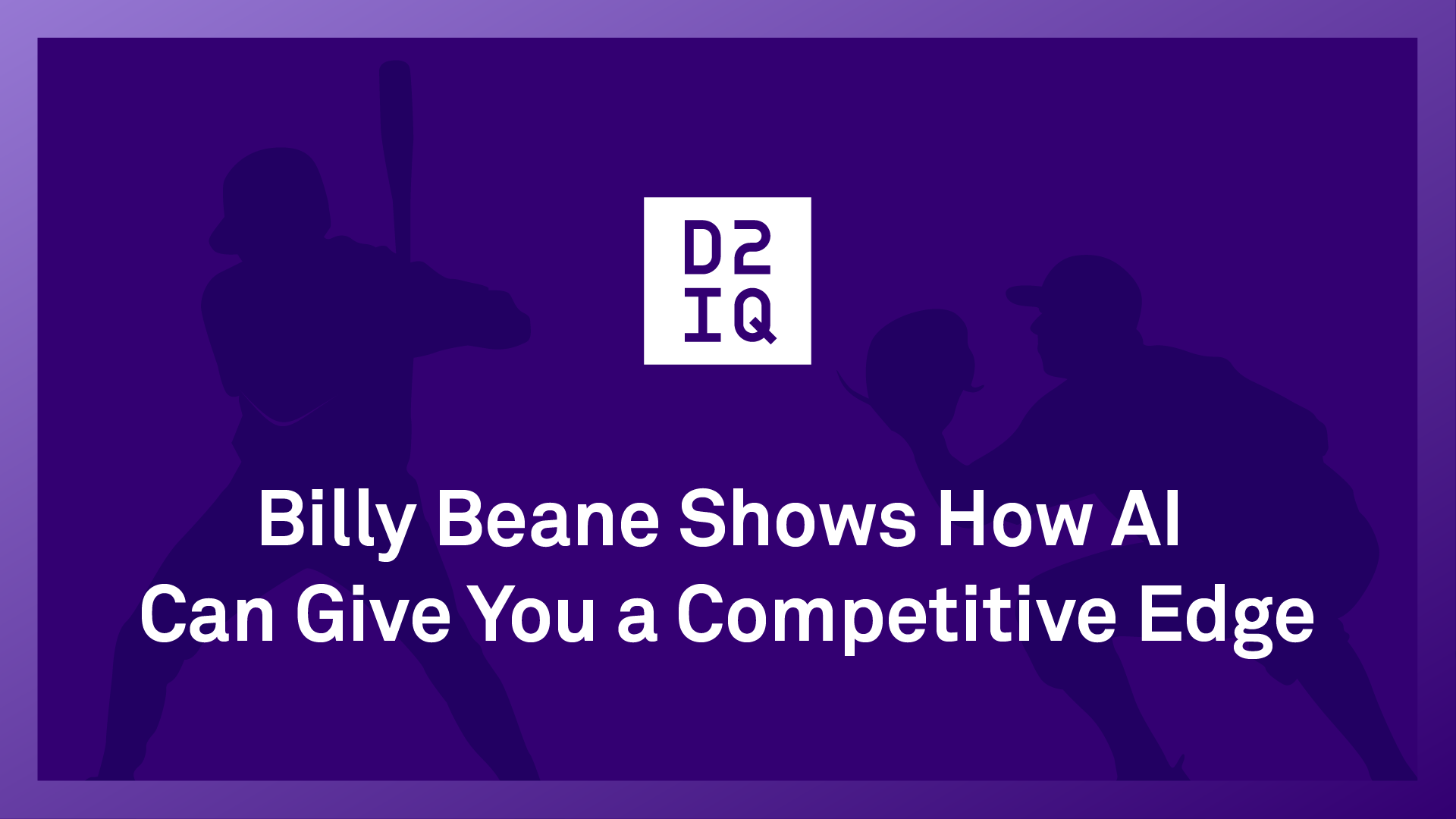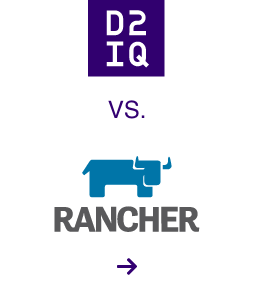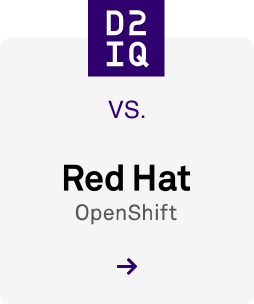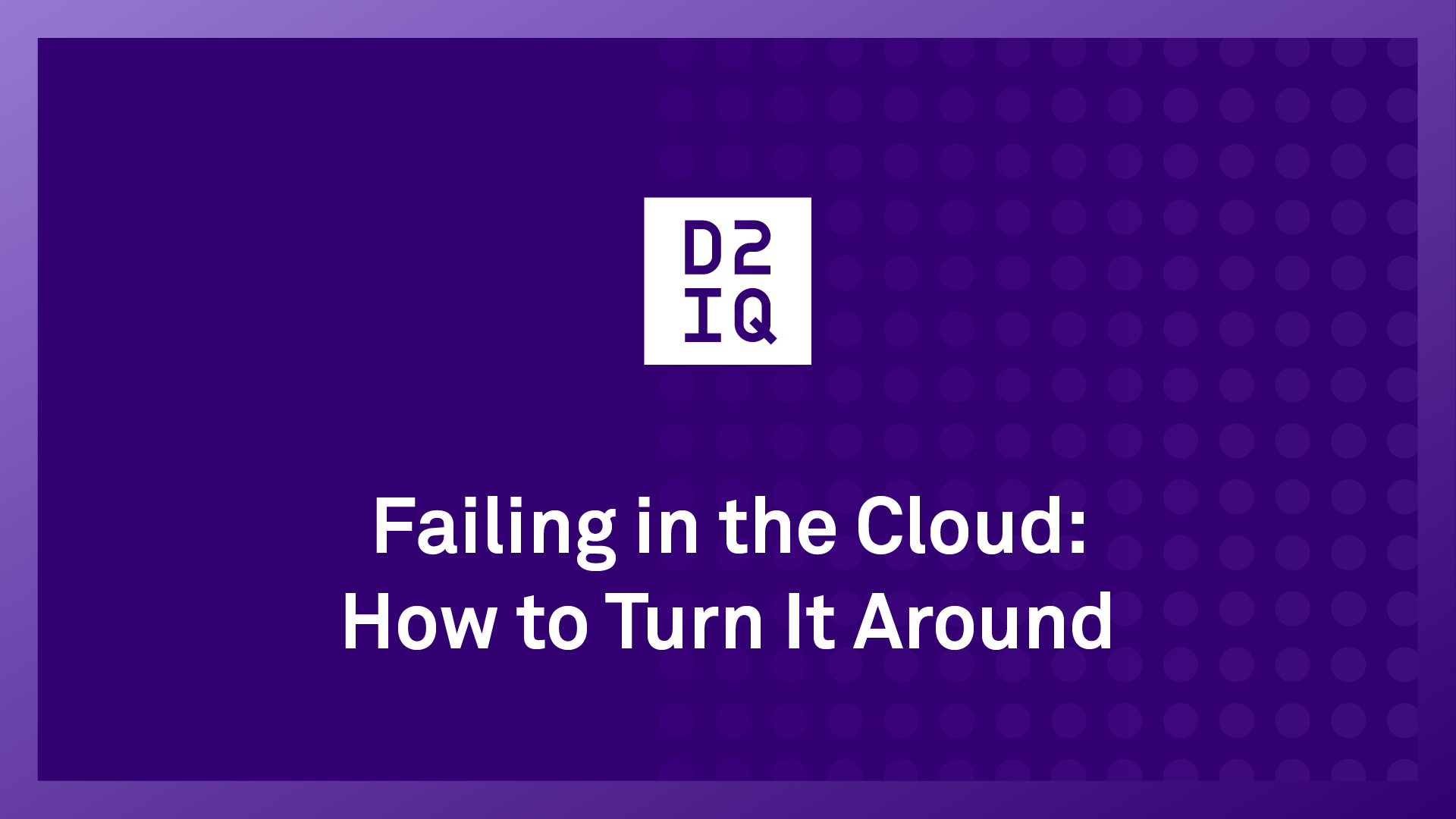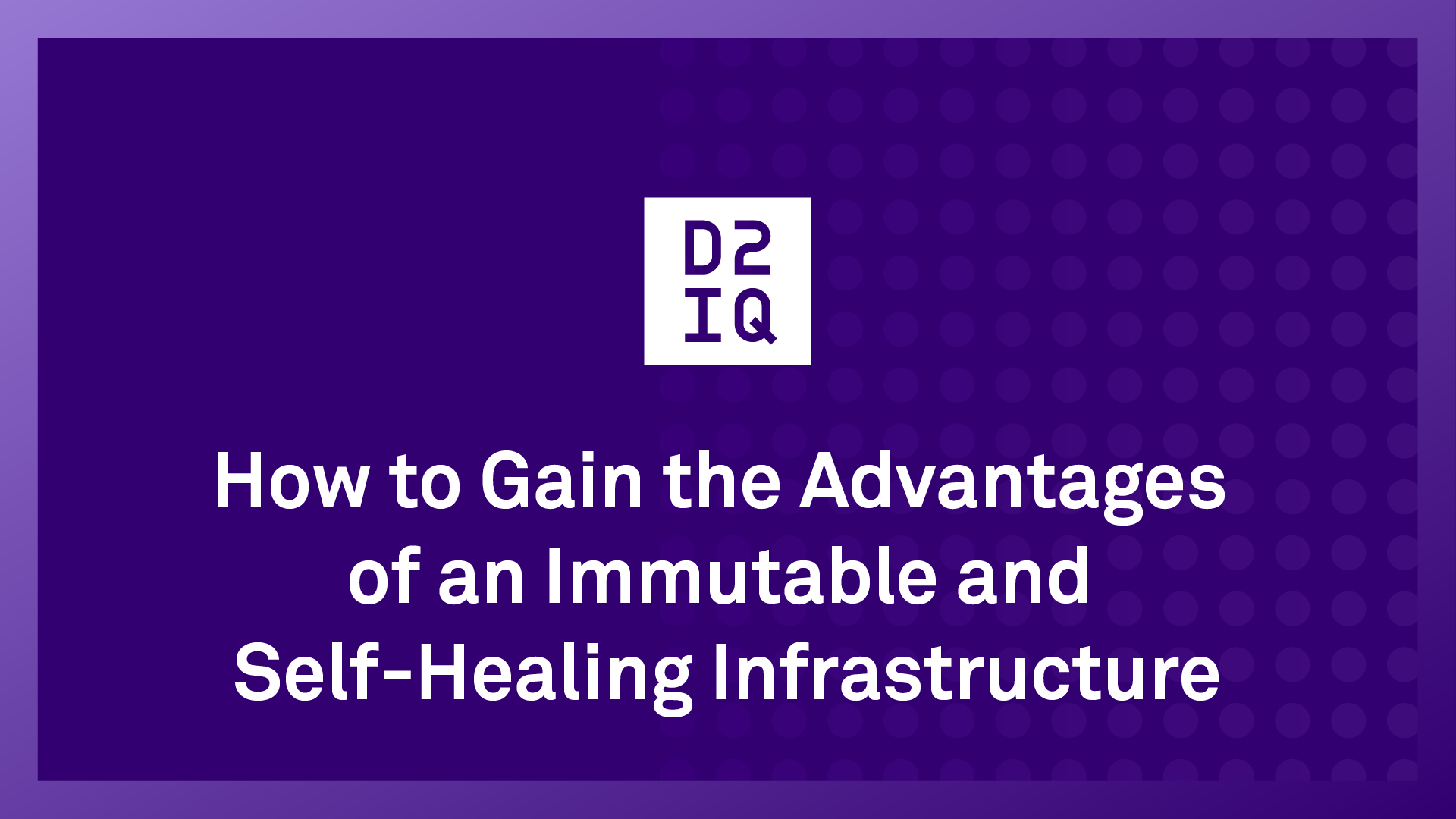As general manager of the Oakland Athletics, Billy Beane applied statistical analysis (also known as sabermetrics) to the evaluation of baseball players, which enabled the team to excel in the 2020 season. Beane was the subject of Michael Lewis’s book “Moneyball,” which was made into a movie starring Brad Pitt as Beane.
The statistical analyses performed by Beane and his assistant Paul DePodesta enabled the Oakland Athletics to win 20 games in a row, the first team ever to do so in the more than 100-year history of baseball.
Although Beane did not use artificial intelligence (AI) in the traditional sense, his use of advanced analytics was influential in accelerating the adoption of AI in baseball and sports in general.
AI-Infused Baseball
For those who wonder how AI can benefit their organization, professional baseball provides a prime example. The areas in which AI is being applied within baseball include:
- Player evaluation. Teams employ statistical analysis to assess player performance and make informed decisions regarding player acquisitions, trades, and contract negotiations.
- Player performance. AI algorithms can process large volumes of data, including player statistics, pitch tracking, and video analysis, to evaluate and predict player performance.
- Pitching analysis. AI systems can analyze pitch trajectories, spin rates, and other data to provide insights into pitcher performance.
- Hitting analysis. AI technologies can analyze batting techniques and assess a hitter's swing mechanics, bat speed, and pitch recognition.
- Game strategy. AI algorithms can analyze vast amounts of historical and real-time data to provide insights into game strategy, including optimal defensive shifts.
- Injury prevention. AI can assist in injury prevention by analyzing player biometric data, tracking workload, and identifying patterns that may indicate increased injury risk.
- Umpire assistance. AI technologies such as pitch tracking systems can assist umpires in making more accurate calls, particularly for balls and strikes.
- Fan engagement. AI-powered systems can enhance the fan experience by providing real-time data, interactive virtual reality (VR) or augmented reality (AR) experiences, and personalized content based on fan preferences.
- Broadcasting. Broadcasting teams and analysts use advanced stats to provide deeper insights during game broadcasts,
Find Your AI Niche
There are numerous ways in which organizations in all sectors can leverage AI to gain advantages. AI-driven chatbots, decision-making tools, and recommendation engines are in widespread use. AI also can be used for marketing, process automation, customer service, supply-chain logistics, risk management, fraud detection, security monitoring, and product development.
- In product development alone, AI can assist in analyzing market trends, customer feedback, and competitive data. AI-powered tools can automate design processes, simulate scenarios, and assist in research and development, accelerating innovation cycles and improving product quality.
AI is used to create digital twins that are used to design products, simulate and optimize production processes, monitor equipment health, predict maintenance needs, simulate traffic, optimize supply chains, and more. In healthcare, digital twins are used for personalized medicine, surgical planning, and remote patient monitoring.
Kubernetes and AI: An Ideal Match
Likewise,
Forrester Principal Analyst Lee Sustar notes that organizations that are modernizing their infrastructures through Kubernetes are perfectly positioned not only to reap the benefits of AI, but to accommodate all future innovation.
Platform engineering is all the rage, and the D2iQ Kubernetes Platform (DKP) gives you
instant platform engineering out of the box. Deploying DKP gives you a distinct advantage in being able to quickly and easily launch and succeed in AI development. Nvidia integration in DKP provides a further advantage.
AI Aptitude Separates Winners from Losers
As AI continues to advance at a rapid pace, organizations that delay acquiring AI capability risk falling behind. In the realm of baseball, teams that fail to use AI as effectively as their competitors will be at a disadvantage.
As Tobi Knaup notes, “Tomorrow’s winning products in every single industry will have AI as their key attribute,” adding that, “Organizations that can successfully leverage AI to build better products will become their category leaders.”
It’s no stretch to say that if Billy Beane were the manager of your organization, AI would be an integral part of the organization’s strategy and operations.
